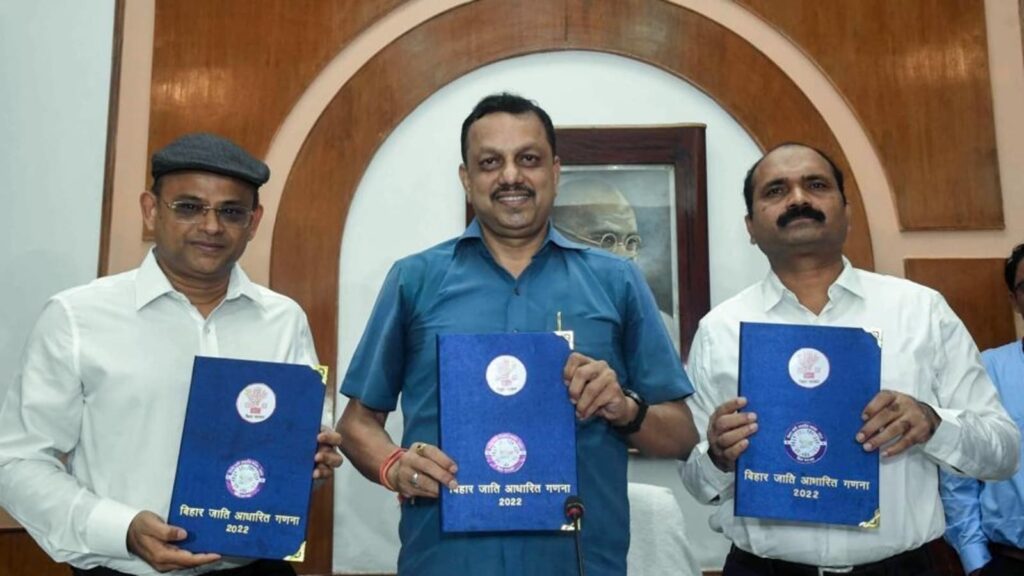The report of the Bihar caste survey, released on Monday, is likely to give a second wind to Mandal politics, more than three decades after the then Prime Minister VP Singh announced the implementation of the 1980 Mandal Commission report. It is likely to draw the battle lines for the five state elections scheduled to be held later this year and, probably, the 2024 general election. The Opposition alliance, INDIA, will surely press for a caste census and an Other Backward Classes (OBC) sub-quota within women’s reservation. Communities such as the Marathas are likely to harden their stance for inclusion in the OBC category. Simply put, the Bihar report is likely to trigger a churn in national politics ahead of the upcoming election season.
In the 1990s, Mandal transformed politics in the Hindi heartland and initiated the political empowerment of OBCs. Mandal foregrounded caste as the primary identity and stalled the BJP’s move to consolidate all Hindus over its Ram Mandir campaign. However, the Mandal surge started waning soon after it began; it lost the polarising edge when the BJP started a process of social engineering that saw the party championing many OBC leaders in the states – Kalyan Singh in UP, Uma Bharti and Shivraj Singh Chouhan in MP, Sushil Modi in Bihar, and most importantly, Narendra Modi in Gujarat were the BJP’s answer to Mandal. However, the BJP’s preference to emphasise a collective Hindu identity and nationalism since winning office in 2014, seems to have influenced the Opposition to refocus on caste to reverse the former’s gains. However, the Opposition would do well to remember that the BJP has recast itself as an inclusive Hindu party in the last few years by building alliances with, and extending patronage to, various non-dominant OBC castes. In fact, it has been highlighting Modi’s OBC credentials to counter the Opposition’s renewed push to attract the OBC vote, which, of course, is no monolith. Politics apart, the release of the Bihar survey is likely to raise the demand for expanding the OBC quota commensurate with its share of the population. This will have legal implications.
Mandal 2.0 may not find the traction that VP Singh’s surprise Mandal pronouncement got in the 1990s. Parties that were sceptical about OBC reservation – the BJP, for instance – back quotas today. India’s political economy has radically changed since the 1990s, a decade defined by Mandal, Mandir and economic liberalisation. A Mandal versus Kamandal re-run may not necessarily reproduce the old outcomes.
 Subscribe today by clicking the link and stay updated with the latest news!” Click here!
Subscribe today by clicking the link and stay updated with the latest news!” Click here!Continue reading with HT Premium Subscription
Daily E Paper I Premium Articles I Brunch E Magazine I Daily Infographics


